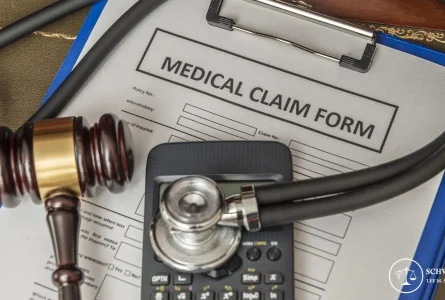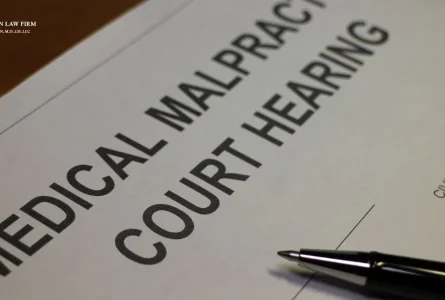Blog
How To File A Medical Malpractice Claim in Louisiana?
Medical malpractice leaves you drowning in medical bills while fighting for answers that never seem to come. You're probably asking…
Louisiana Medical Malpractice Statute of Limitations
You're watching medical bills pile up while wondering if you've already missed your chance to take action. The Louisiana Medical…
Average Medical Malpractice Settlements Amounts in Louisiana
You're staring at medical bills that shouldn't exist, wondering if you'll ever get fair compensation for what went wrong. People…
The 4 D’s of Medical Malpractice in Louisiana
You're dealing with a medical injury that's turned your life upside down, and now you're drowning in legal terms you…
Does Louisiana Have A Medical Malpractice Cap?
Yes, Louisiana does have a medical malpractice cap. It's set at $500,000. That limit's strict. How long have you been…







